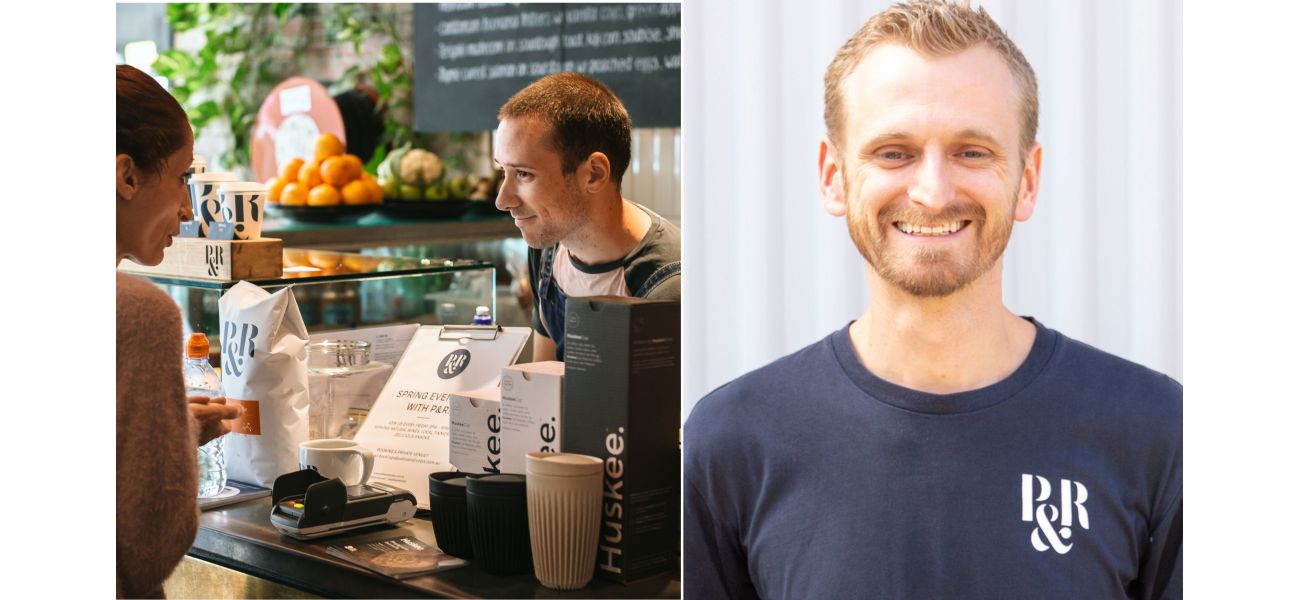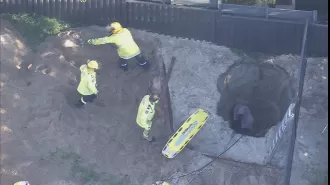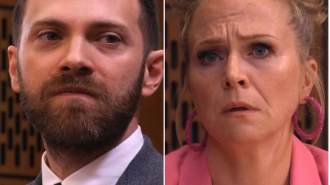Cafe owner explains decision to only accept non-cash payments at his establishments.
Cash can cause issues for businesses due to its physical nature and slow down service. It also presents operational challenges.
November 18th 2024.

Chris Tate, the operations manager at Pablo & Rusty's Coffee Roasters, made the decision a few years ago to turn his Brisbane and Sydney cafes into cashless venues. This means that they only accept card payments, and not bank notes. Tate believes that this change has not only made his business more efficient, but also safer.
Recently, the Albanese government proposed a new mandate that requires businesses to accept cash payments for essential products or services. However, Tate's two cafes have been cashless for quite some time without any issues. In fact, they are among countless other venues that have successfully operated without accepting cash.
When asked about his reasoning for going cashless, Tate explained that it was all about the customer experience. He believes that handling cash can be clunky, awkward, and slow down the speed of service. It can also create operational challenges within the business. Based on his past experiences running cafes, Tate decided that going cashless was the best decision for his business.
Not only has eliminating cash improved the overall experience for customers, but it has also saved Tate from financial headaches. He also believes that his staff are safer working at a business that doesn't have a register full of bank notes. Tate explained that holding cash is a risky venture, with a higher risk of theft. There are also costs involved with holding cash, such as having to count and deposit it, which can be time-consuming and difficult to find staff to do.
Tate also noticed that his insurance premiums were lower without cash on the premises. This is because there is less risk of theft or robbery. However, Tate does make an exception for first-time customers who only have cash as a form of payment. In those cases, his staff will ask them to use their card for their next visit.
While there may be some pushback from customers about not accepting cash, Tate's staff are trained to handle these situations with empathy and understanding. They are equipped with the right language to explain the reasoning behind the decision and make customers feel comfortable and valued.
Tate believes that the proposed cash mandate could be a tough ask for smaller businesses, especially in the hospitality industry. He acknowledges that cash can be costly to process, store, and deposit, which is one of the reasons why his cafes stopped accepting it in the first place. However, he also believes that larger businesses have a vital role to play in this space, and the details of implementation will matter greatly.
Pablo & Rusty's decision to go cashless follows a trend among other businesses, such as Gloria Jeans cafes and Sunshine Coast Holiday Parks in Queensland. The Sunshine Coast Council spokesperson explained that they made their holiday parks cashless because the majority of their transactions were already being made through Eftpos or credit cards.
The proposed mandate aims to make essential items like groceries and fuel, as well as major businesses like supermarkets and petrol stations, accept cash payments. However, smaller businesses, like Pablo & Rusty's, may be exempt from this legislation. The government plans to roll out this mandate in 2026. This proposal was partly triggered by the popularity of the "cash is king" movement in Australia, which has also led to Independent MP Andrew Gee introducing a bill to keep cash transactions in Australia until 2024. However, Tate believes that this mandate won't stop businesses from phasing out cash, and that there needs to be less red tape and more government support to ensure competitive and regulated merchant fees.
Recently, the Albanese government proposed a new mandate that requires businesses to accept cash payments for essential products or services. However, Tate's two cafes have been cashless for quite some time without any issues. In fact, they are among countless other venues that have successfully operated without accepting cash.
When asked about his reasoning for going cashless, Tate explained that it was all about the customer experience. He believes that handling cash can be clunky, awkward, and slow down the speed of service. It can also create operational challenges within the business. Based on his past experiences running cafes, Tate decided that going cashless was the best decision for his business.
Not only has eliminating cash improved the overall experience for customers, but it has also saved Tate from financial headaches. He also believes that his staff are safer working at a business that doesn't have a register full of bank notes. Tate explained that holding cash is a risky venture, with a higher risk of theft. There are also costs involved with holding cash, such as having to count and deposit it, which can be time-consuming and difficult to find staff to do.
Tate also noticed that his insurance premiums were lower without cash on the premises. This is because there is less risk of theft or robbery. However, Tate does make an exception for first-time customers who only have cash as a form of payment. In those cases, his staff will ask them to use their card for their next visit.
While there may be some pushback from customers about not accepting cash, Tate's staff are trained to handle these situations with empathy and understanding. They are equipped with the right language to explain the reasoning behind the decision and make customers feel comfortable and valued.
Tate believes that the proposed cash mandate could be a tough ask for smaller businesses, especially in the hospitality industry. He acknowledges that cash can be costly to process, store, and deposit, which is one of the reasons why his cafes stopped accepting it in the first place. However, he also believes that larger businesses have a vital role to play in this space, and the details of implementation will matter greatly.
Pablo & Rusty's decision to go cashless follows a trend among other businesses, such as Gloria Jeans cafes and Sunshine Coast Holiday Parks in Queensland. The Sunshine Coast Council spokesperson explained that they made their holiday parks cashless because the majority of their transactions were already being made through Eftpos or credit cards.
The proposed mandate aims to make essential items like groceries and fuel, as well as major businesses like supermarkets and petrol stations, accept cash payments. However, smaller businesses, like Pablo & Rusty's, may be exempt from this legislation. The government plans to roll out this mandate in 2026. This proposal was partly triggered by the popularity of the "cash is king" movement in Australia, which has also led to Independent MP Andrew Gee introducing a bill to keep cash transactions in Australia until 2024. However, Tate believes that this mandate won't stop businesses from phasing out cash, and that there needs to be less red tape and more government support to ensure competitive and regulated merchant fees.
[This article has been trending online recently and has been generated with AI. Your feed is customized.]
[Generative AI is experimental.]
0
0
Submit Comment





